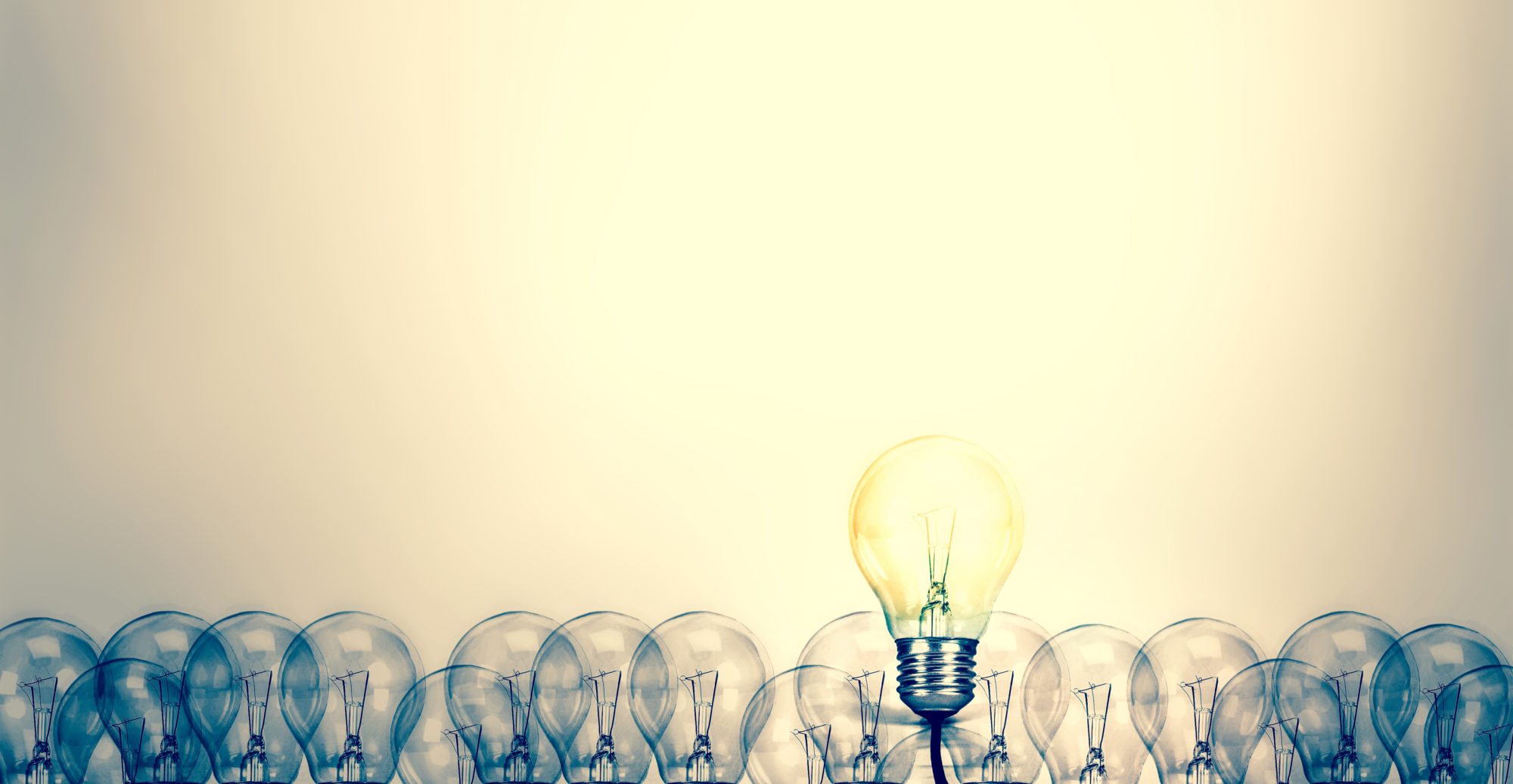Matthew Jockers, Jason Schultz and I have written an amicus brief in the upcoming Court of Appeals round of Authors Guild v. Google, Inc.
Download the draft here: DH Amicus AG v Google CA2
Background
Since we started working on this project just over two years ago two district courts and the Court of Appeals for the Second Circuit have rejected the Authors Guild’s attacks on library digitization and the legality of text-mining. We are confident that the Second Circuit will uphold Judge Chin’s decision last year where he rejected (on a motion for summary judgement) the Authors Guild’s copyright infringement claim against Google over its Google Book Search product. The rulings in Authors Guild v. Google and the parallel case of Authors Guild v. Hathitrust are a critical moment in the fight to define fair use for the Digital Humanities.In Authors Guild v. Google, Judge Chin expressly based ruling in part on the fact that
“Google Books … has transformed book text into data for purposes of substantive research, including data mining and text mining in new areas, thereby opening up new fields of research. Words in books are being used in a way they have not been used before. Google Books has created something new in the use of book text — the frequency of words and trends in their usage provide substantive information.”
“Google Books permits humanities scholars to analyze massive amounts of data — the literary record created by a collection of tens of millions of books.”
The Authors Guild is now appealing Judge Chin’s decision (on this and other grounds). A different panel of that same court has already upheld the decision in Authors Guild v. Hathitrust. We believe that these cases will have a dramatic effect on research in computer science to linguistics, history, literature and the digital humanities.
Argument in a nutshell
According to the U.S. Constitution, the purpose of copyright is “To promote the Progress of Science and useful Arts”. Copyright law should not be an obstacle to statistical and computational analysis of the millions of books owned by university libraries. Copyright law has long recognized the distinction between protecting an author’s original expression and the public’s right to access the facts and ideas contained within that expression. That distinction must be maintained in the digital age so that library digitization, internet search and related non-expressive uses of written works remain legal.
What can you do?
If you are a legal academic or student, academic or researcher who would be effected by this issue, you can help preserve the balance of copyright law by joining our brief as a signatory (we need your name and affiliation e.g. Associate Professor, Jane Doe, Springfield University).
Does this concern you?
If you are still reading this post, the answer is probably YES. We are collecting signatures from a wide range of fields, including computer science, english, history, law, linguistics and philosophy. We need your name etc., by July 9, 2014. Please enter your details directly via this online tool:
https://docs.google.com/forms/
Thank you!
